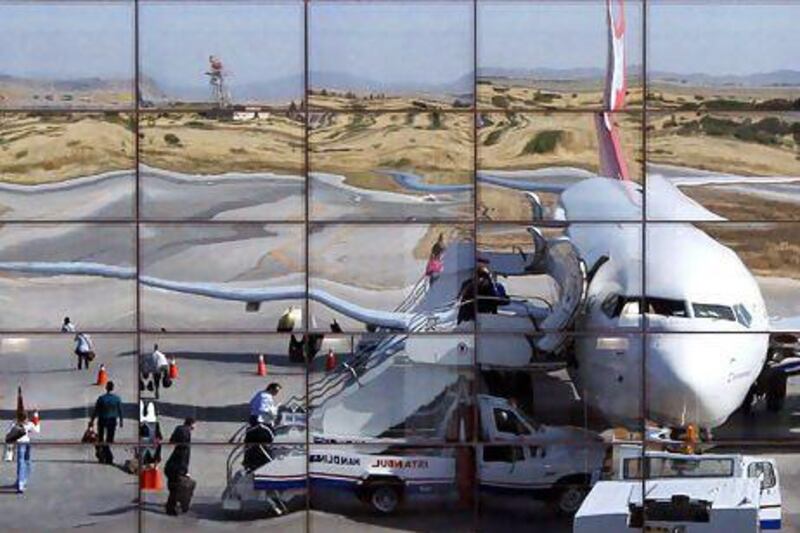The chairman of Diageo, the world's biggest distiller, says he hopes to secure an "an acceptable solution" with the Turkish government after lawmakers submitted a bill to restrict the sale and consumption of alcohol in the country.
"We are disappointed by the regulation that is currently before parliament and president for signature," said Franz Humer in an interview in Abu Dhabi. "We will continue to work with Turkish officials and the government in order to protect and develop our business in this country."
His comments come amid deepening tensions in Turkey created by a wave of popular protests that has unsettled investors and hit profits at multinationals such as Diageo.
The bill, headed by the prime minister Recep Tayyip Erdogan, was carried forward on May 24 by his Islamist-leaning Justice and Development party.
The law bans shops from selling alcohol between 10pm and 6am, bans all kinds of advertising and sponsorship, and prevents restaurants and bars near schools and mosques from offering drinks.
Diageo bought Mey Icki, a producer of the traditional Turkish spirit raki, for US$2.1 billion from the private equity firms TPG Capital and Actera in 2011. It was the biggest purchase Diageo made in the past decade.
"We have a 70 per cent to 80 per cent market share now," said Mr Humer.
"He said the draft bill "in the eyes of the tourist industry has not exactly helped the image of Turkey, an important emerging market".
Turkey has become a hot spot for tourism, benefiting its national carrier Turkish Airlines. The airline, half-owned by the government, expects passenger numbers to grow almost 20 per cent this year to 46 million.
In April, it ordered 70 Boeing jets, following an order the previous month for 82 jets from Airbus.
"I believe a number of local constituents and the international community will continue to work with the Turkish government," said Mr Humer. "I think we will be able to find an acceptable solution."





